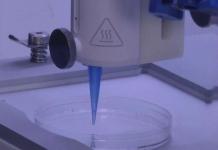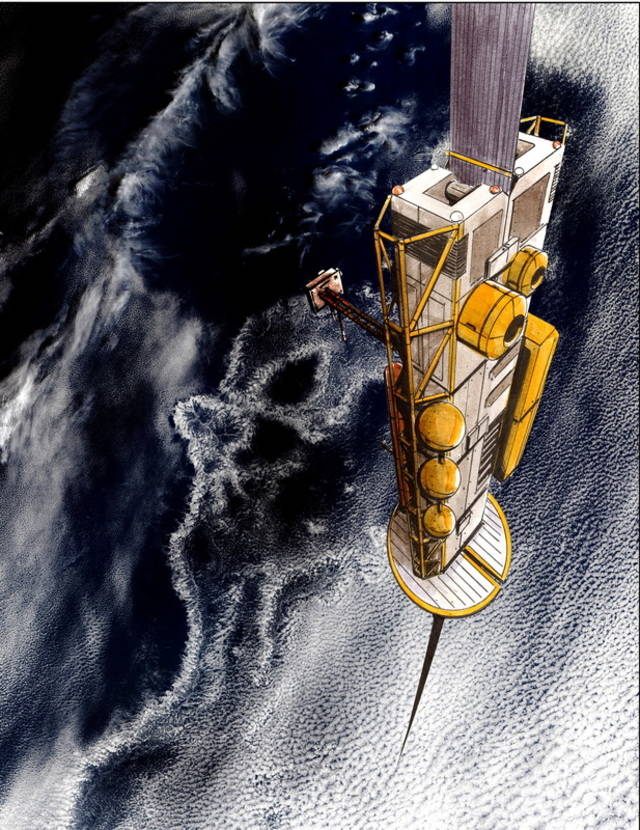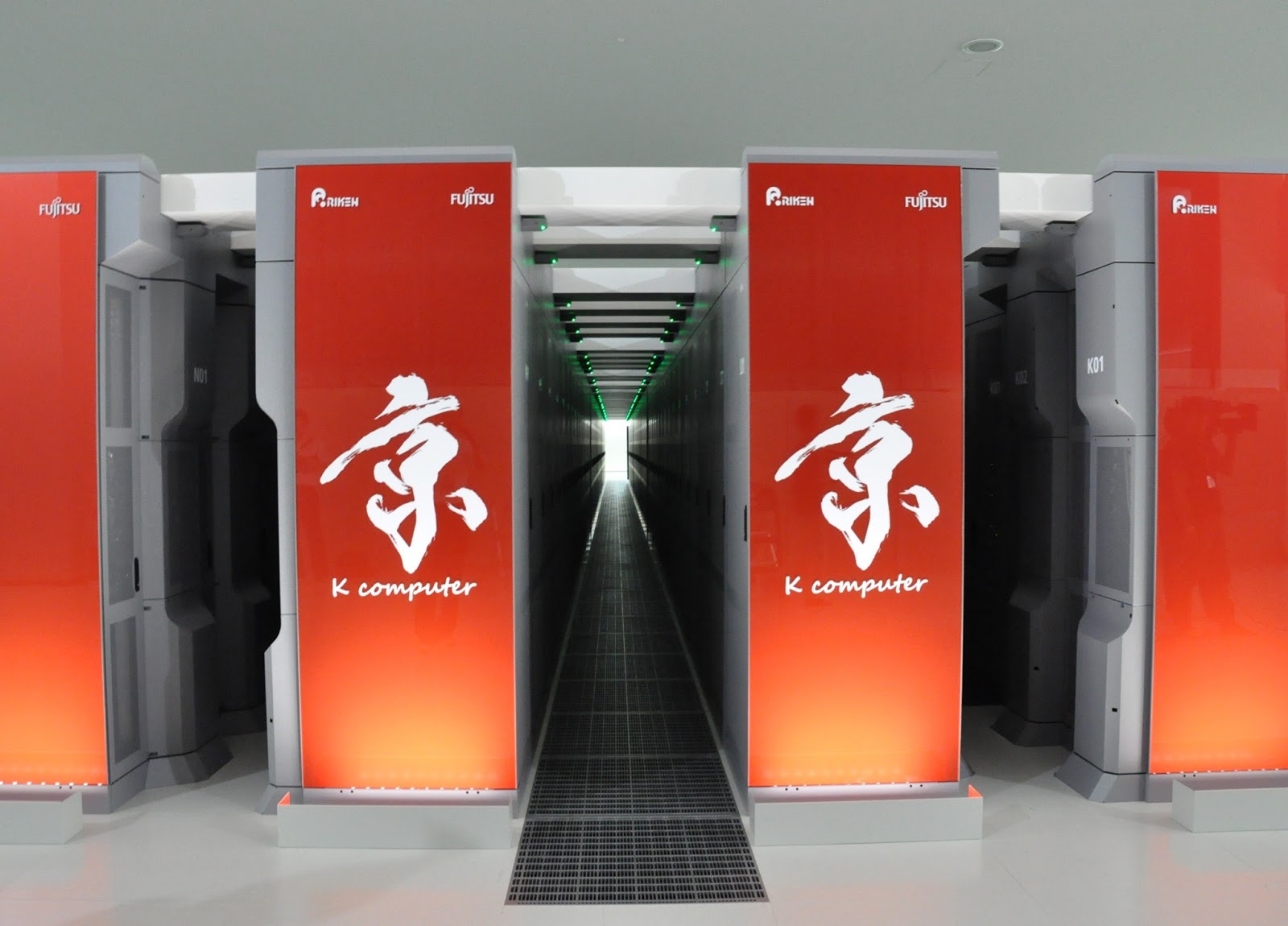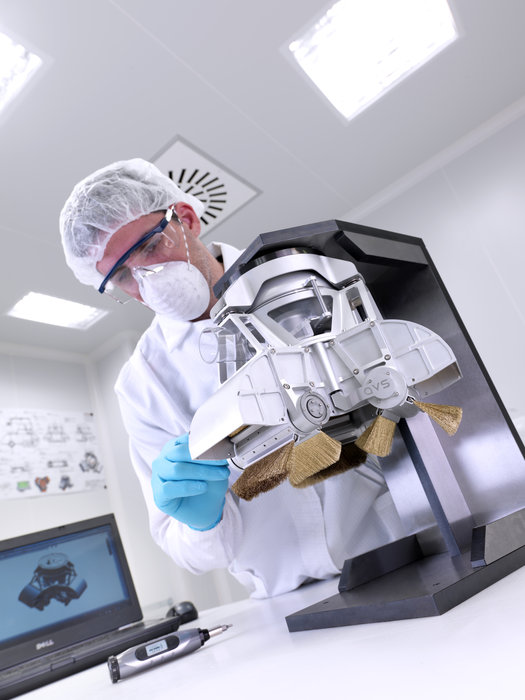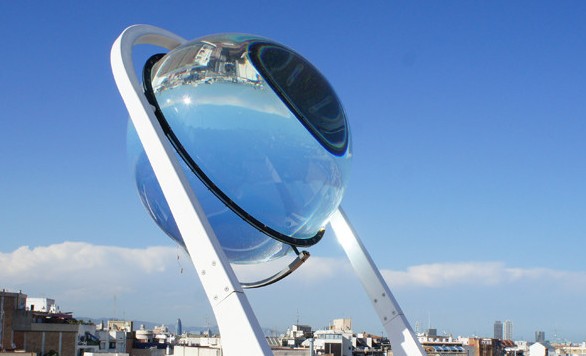Researchers at Nanyang Technological University have developed a battery that charges ultra-fast and is able to store energy for up to 20 years.
The increased popularity and use of smartphones determined scientists to look for ways of improving the way batteries charge and store energy. The good news about the battery developed by the NTU researchers is that it’s not an absolute novelty, so the research didn’t really start from the ground up. Instead, it represents an improvement over existing Lithium-Ion batteries. What’s really revolutionary here is that the battery can be charged to 70 percent in 2 minutes, and that it can store the charge for up to 20 years. Mind you, this doesn’t mean that a smartphone equipped with such a battery would need to be recharged every two decades, but that the battery will still be usable after 20 years if it’s charged and then forgotten in a cave. Not the Batcave, as I doubt the Caped Crusader would misplace his gadgets for so long.
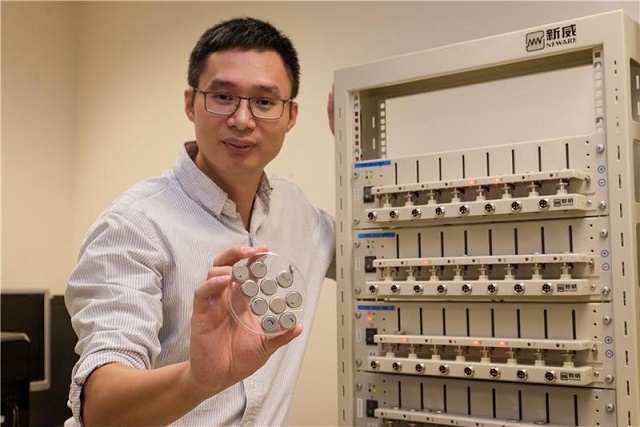
Associate Professor Chen Xiaodong from the School of Materials Science and Engineering at NTU Singapore, who invented these ultra-fast charging batteries, pointed out that “With our nanotechnology, electric cars would be able to increase their range dramatically with just five minutes of charging, which is on par with the time needed to pump petrol for current cars. Equally important, we can now drastically cut down the waste generated by disposed batteries, since our batteries last ten times longer than the current generation of lithium-ion batteries.”
NTU professor Rachid Yazami, who co-invented 34 years ago the lithium-graphite anode, a precursor of modern Li-Ion batteries, stated that “While the cost of lithium-ion batteries has been significantly reduced and its performance improved since Sony commercialised it in 1991, the market is fast expanding towards new applications in electric mobility and energy storage. There is still room for improvement and one such key area is the power density — how much power can be stored in a certain amount of space — which directly relates to the fast charge ability. Ideally, the charge time for batteries in electric vehicles should be less than 15 minutes, which Prof Chen’s nanostructured anode has proven to do.”
Professor Chen also mentioned that these batteries are easy to manufacture: “Manufacturing this new nanotube gel is very easy. Titanium dioxide and sodium hydroxide are mixed together and stirred under a certain temperature. Battery manufacturers will find it easy to integrate our new gel into their current production processes.”
In this context, we can only hope that the batteries will be available in a commercially viable form in the near future. As a matter of fact, you know what? I want a few right now!
Be social! Follow Walyou on Facebook and Twitter, and read more related stories about the StoreDot fast-charging smartphone battery, and the molten metal batteries that store renewable energy.

